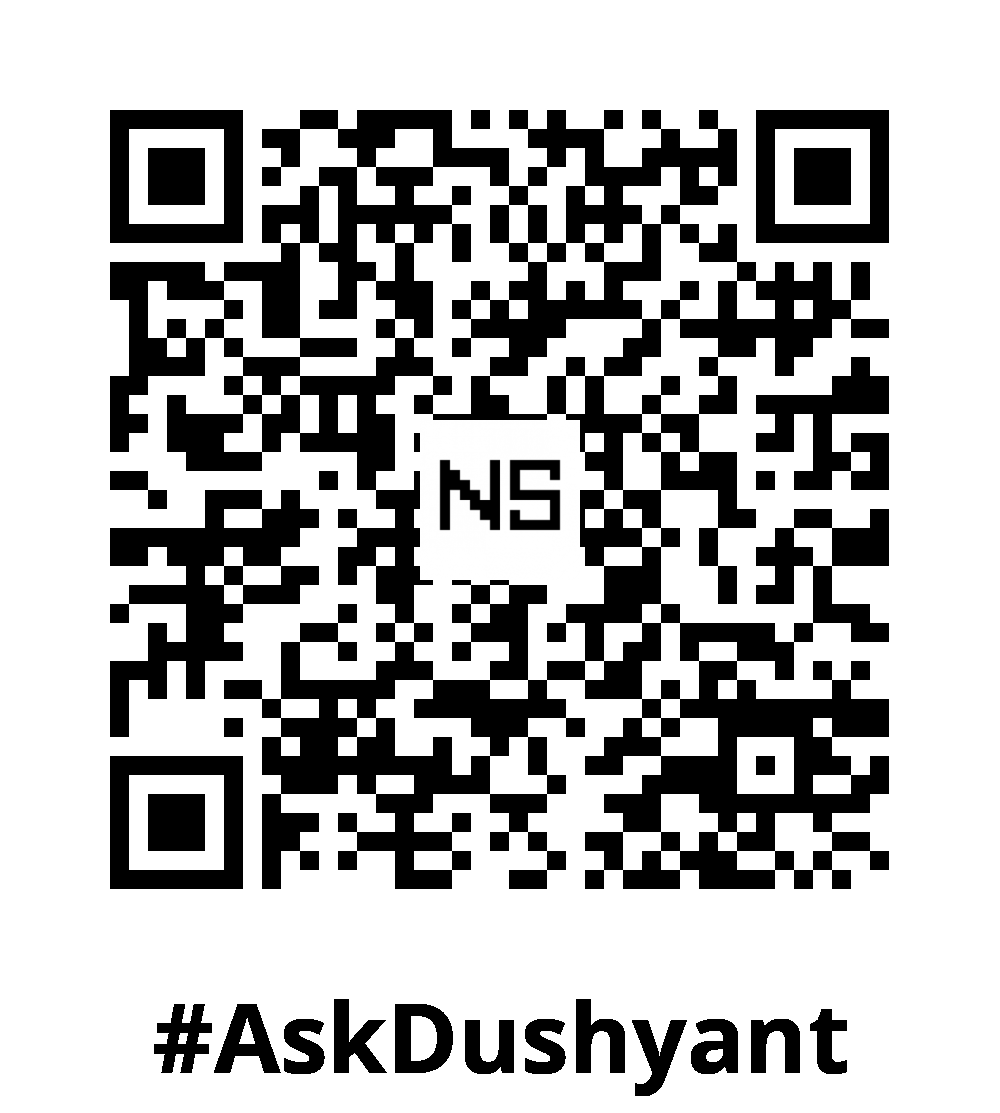Let’s embark on a journey into the heart of SQL sorcery, where two enchanting realms, GRANT commands, and the mystical Information Schema, reveal their secrets to those who dare to wield their power. In this magical adventure, we will delve into the myriad tricks and spells that GRANT commands and Information Schema SQL queries offer, turning aspiring sorcerers into masters of database enchantment.
Permission Ballet: GRANT command unleashed
In the grand theater of database sorcery, the GRANT commands take center stage, conducting a permission ballet that grants users access to the kingdom’s treasures. With a wave of SQL wand, you can bestow SELECT and UPDATE permissions on specific tables, unlock the power to execute stored procedures, or even grant the coveted ALL PRIVILEGES on an entire database. For finer control, GRANT allows the selective bestowal of permissions on all tables within a schema or the ability to create new tables within a database. Whether you’re shaping user privileges or crafting intricate access controls, GRANT commands are your tickets to the dazzling ballet of database permissions.
GRANT Command Examples:
- Example 1: Grant SELECT and UPDATE permissions to a user on a table.
GRANT SELECT, UPDATE ON table_name TO user_name; - Example 2: Grant all permissions on a database to a user.
GRANT ALL PRIVILEGES ON database_name.* TO user_name; - Example 3: Grant EXECUTE permission on a stored procedure.
GRANT EXECUTE ON PROCEDURE procedure_name TO user_name; - Example 4: Grant SELECT permission on all tables in a schema.
GRANT SELECT ON ALL TABLES IN SCHEMA schema_name TO user_name; - Example 5: Grant permission to create new tables in a database.
GRANT CREATE TABLE ON database_name TO user_name;
Oracle’s Crystal Ball: Unveiling Information Schema Mysteries:
In the mystical realm of the Information Schema, SQL sorcerers gaze into the crystal ball to unravel the secrets of database metadata. This enchanted schema unveils a plethora of insights, from a list of tables in the kingdom to detailed information about each table’s columns and data types. With Information Schema spells, discover foreign key relationships that bind the tables in a cosmic dance and identify indexes that hold the key to performance sorcery. Peer into the crystal ball to find columns with specific data types or unveil the magical indexes that govern a particular table’s destiny. The Information Schema is your oracle, offering a mystic perspective into the inner workings of your database kingdom, allowing you to conjure insights and navigate with newfound wisdom.
Information Schema Examples:
- Example 1: Retrieve a list of tables in the database.
SELECT table_name FROM information_schema.tables WHERE table_schema = 'your_database'; - Example 2: Get information about columns in a table.
SELECT column_name, data_type FROM information_schema.columns WHERE table_name = 'your_table'; - Example 3: Discover foreign key relationships in the database.
SELECT constraint_name, column_name, referenced_table_name FROM information_schema.key_column_usage WHERE referenced_table_name IS NOT NULL; - Example 4: Find columns with a specific data type in a schema.
SELECT table_name, column_name FROM information_schema.columns WHERE table_schema = 'your_schema' AND data_type = 'desired_data_type'; - Example 5: Identify indexes on a particular table.
SELECT index_name, column_name FROM information_schema.statistics WHERE table_name = 'your_table';
My Tech Advice: As we unravel the secrets of GRANT commands and Information Schema SQL queries, remember that these incantations offer potent spells for database sorcery. From shaping user permissions with GRANT to gazing into the mystical depths of the Information Schema, these tricks empower you to navigate the database realm with finesse. Step boldly into the world of SQL sorcery, where each query is a spell waiting to be cast, and every result is a magical revelation. Happy querying, aspiring sorcerers! ✨🔮
#AskDushyant
#SQL #DatabaseMagic #Database #Grant #GRANTCommands #InformationSchema #DatabaseEnchantment #SQLQueries #DatabasePermissions #AccessControls #DatabaseManagement #DatabaseSecurity


Leave a Reply